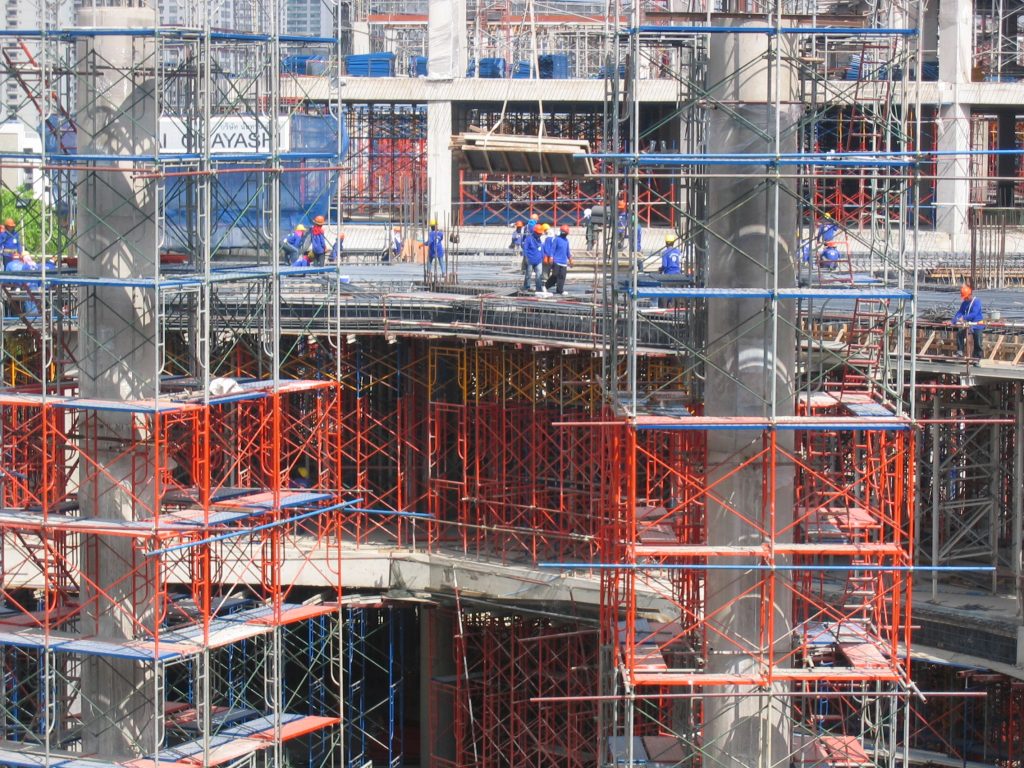 What happens to Workers’ Compensation Benefits once a claimant is awarded benefits and employment is terminated after the fact? Is the employee still entitled to the awarded benefits? In general, an employee must be injured within the course of employment to qualify for benefits. Supplemental Earnings Benefits (“SEBs”) are paid when the injured worker has reached maximum medical improvement but is not capable of earning 90% of pre-accident wages. This case explains what happens when an employee is fired after being awarded SEBs.
What happens to Workers’ Compensation Benefits once a claimant is awarded benefits and employment is terminated after the fact? Is the employee still entitled to the awarded benefits? In general, an employee must be injured within the course of employment to qualify for benefits. Supplemental Earnings Benefits (“SEBs”) are paid when the injured worker has reached maximum medical improvement but is not capable of earning 90% of pre-accident wages. This case explains what happens when an employee is fired after being awarded SEBs.
Kenneth Andrews worked as a journeyman for Thrasher Construction, Inc. (“Thrasher”). On January 7, 2013, Mr. Andrews fell off a scaffold after some boards flipped up and injured his wrist, arm, shoulder, knees, and back. On October 15, 2013, Mr. Andrews filed a disputed claim for compensation against Thrasher and SeaBright Insurance Company (“SeaBright”). On the same day that Mr. Andrews completed his required medical exam, Thrasher filed a notice of suspension and terminated his workers’ compensation benefits. Pursuant to La. R.S. 23:1201.1(K)(8)(a)(vii), Mr. Andrews filed a motion for expedited summary proceedings to lift the suspension of his benefits, alleging that Thrasher arbitrarily and capriciously terminated his benefits.
On January 12, 2015, the case proceeded to trial. The Workers’ Compensation Judge (“WCJ”) rendered judgment in favor of Mr. Andrews and awarded him SEBs. The WCJ also ordered that a Functional Capacity Evaluation (“FCE”) be performed for Mr. Andrews. Thrasher and SeaBright appealed the WCJ’s judgment to the Louisiana First Circuit Court of Appeal, alleging that the WCJ improperly awarded Mr. Andrews SEBs without the claimant first making a prima facie showing of entitlement.
 Louisiana Personal Injury Lawyer Blog
Louisiana Personal Injury Lawyer Blog


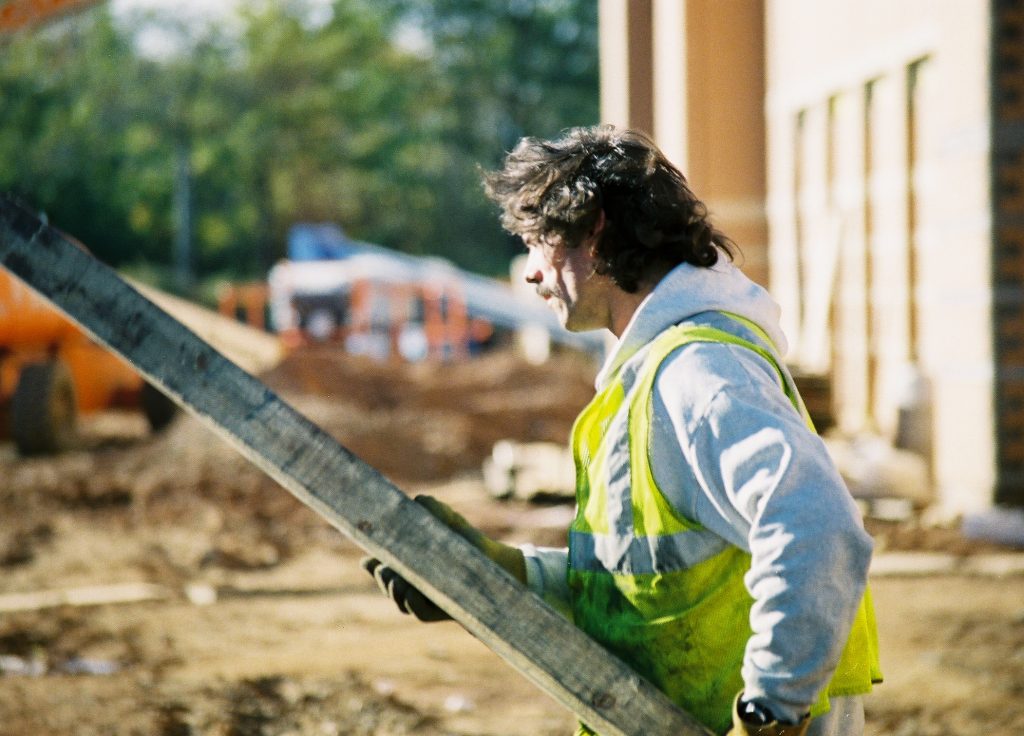 Direct employment is the traditional and most common employer-employee relationship. But what happens when a statutory employee is injured on a work site? A
Direct employment is the traditional and most common employer-employee relationship. But what happens when a statutory employee is injured on a work site? A 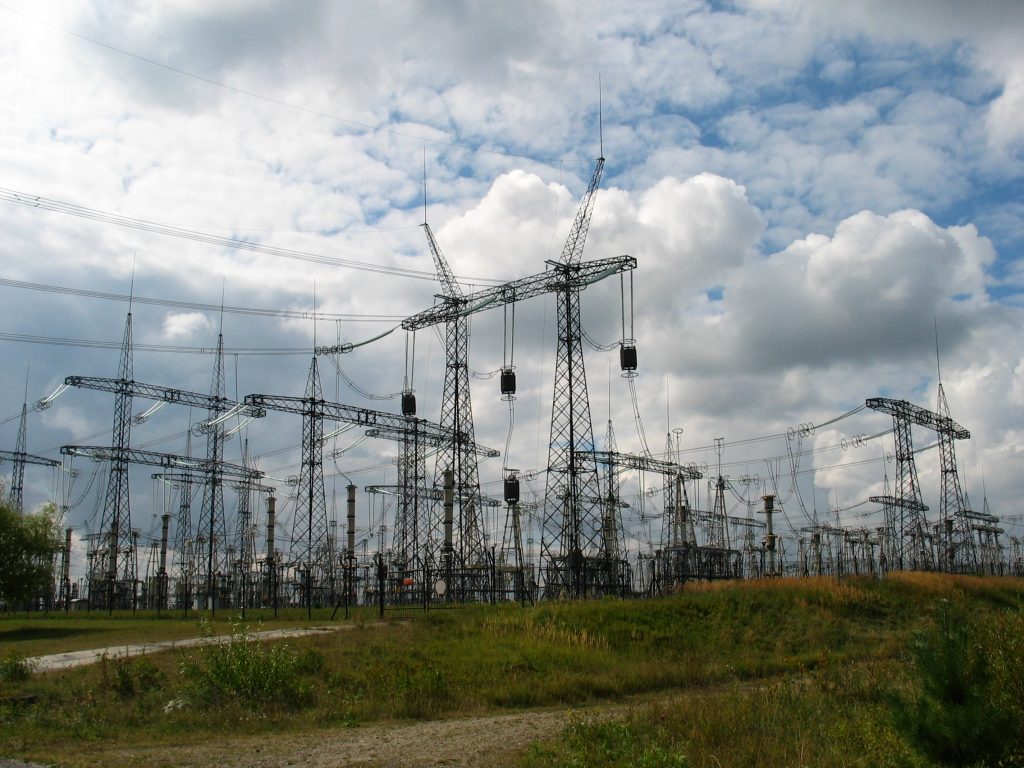 After making a successful workers’ compensation claim, an insurer may make a subrogation claim, which is the right of an insurer to recover the amount paid out in a claim from a third party that caused the claim to occur. However, failure to properly reserve this right can affect an insurer’s right to recovery and possibly bar recovery altogether. A recent lawsuit in the Orleans Parish highlighted this fact.
After making a successful workers’ compensation claim, an insurer may make a subrogation claim, which is the right of an insurer to recover the amount paid out in a claim from a third party that caused the claim to occur. However, failure to properly reserve this right can affect an insurer’s right to recovery and possibly bar recovery altogether. A recent lawsuit in the Orleans Parish highlighted this fact.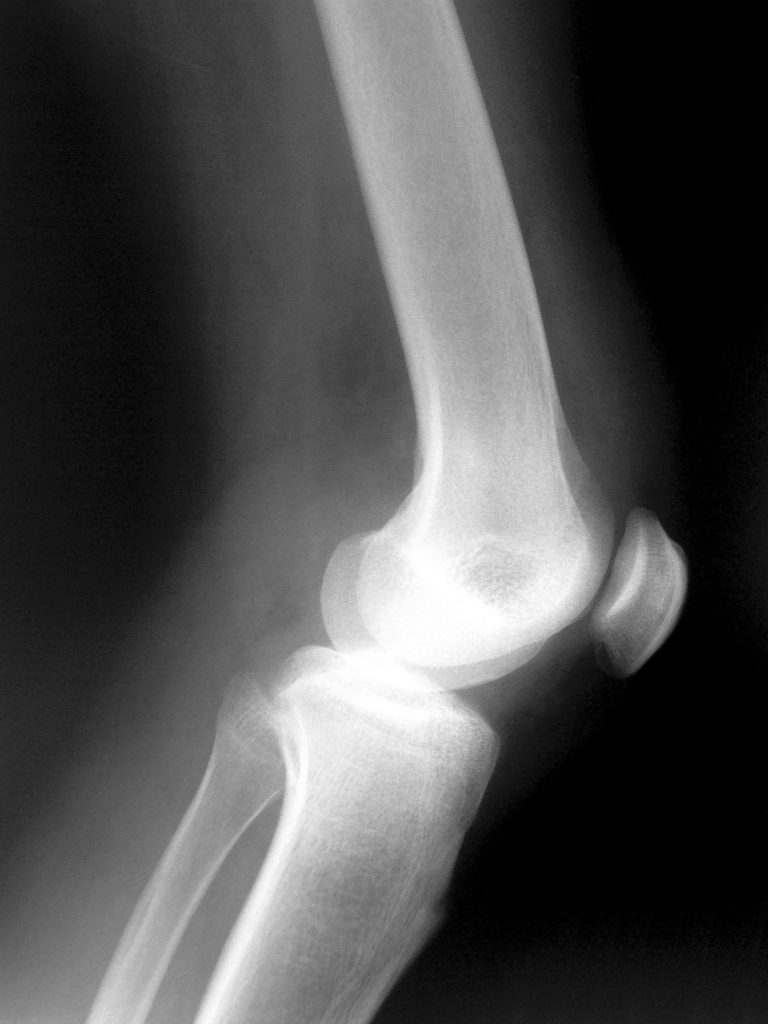 Workers’ compensation laws require companies to set aside a fund to pay their employees for work-related injuries. But what happens when the employer also has long-term disability insurance and the injured employee collects both workers’ compensation benefits as well as the employer-funded long-term disability benefits? Receiving benefits from the correct source of workers’ compensation income can prevent the headache of having to pay back thousands of dollars years later.
Workers’ compensation laws require companies to set aside a fund to pay their employees for work-related injuries. But what happens when the employer also has long-term disability insurance and the injured employee collects both workers’ compensation benefits as well as the employer-funded long-term disability benefits? Receiving benefits from the correct source of workers’ compensation income can prevent the headache of having to pay back thousands of dollars years later. 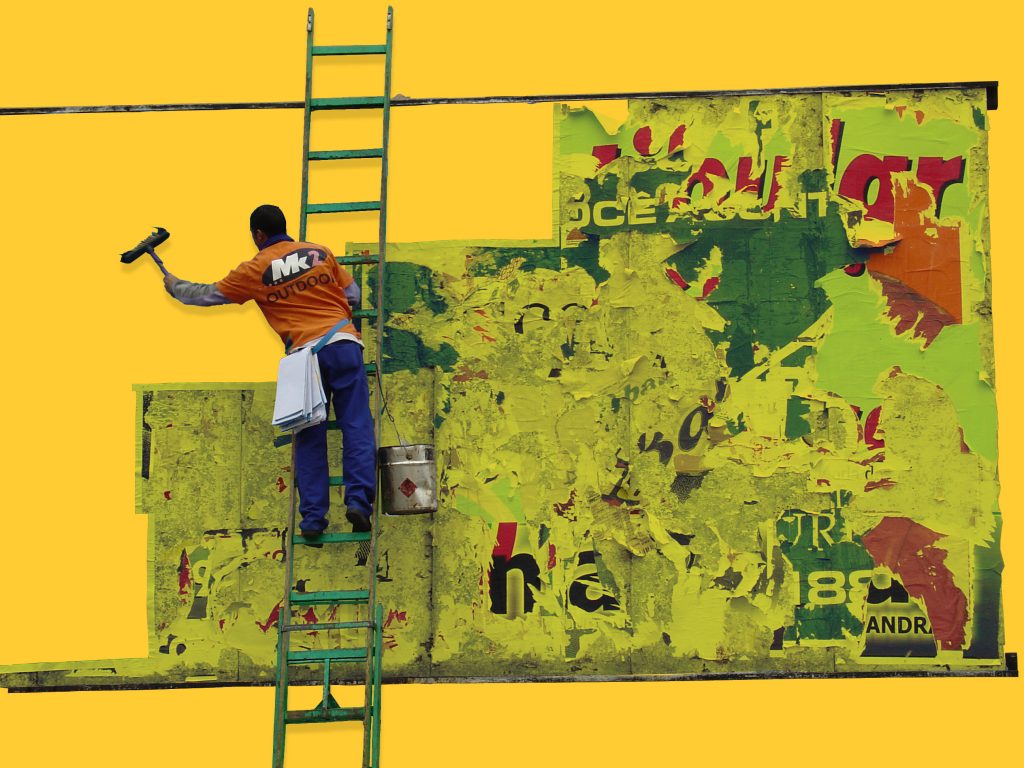 Workers compensation laws require an employee to be injured within the course of employment to qualify for benefits. However, what happens when an employee is injured without any witnesses present? How can the employee prove that the accident really happened? This case out of Calcasieu Parish demonstrates the burden for a workers’ compensation claimant in Louisiana to prove an unwitnessed accident.
Workers compensation laws require an employee to be injured within the course of employment to qualify for benefits. However, what happens when an employee is injured without any witnesses present? How can the employee prove that the accident really happened? This case out of Calcasieu Parish demonstrates the burden for a workers’ compensation claimant in Louisiana to prove an unwitnessed accident. 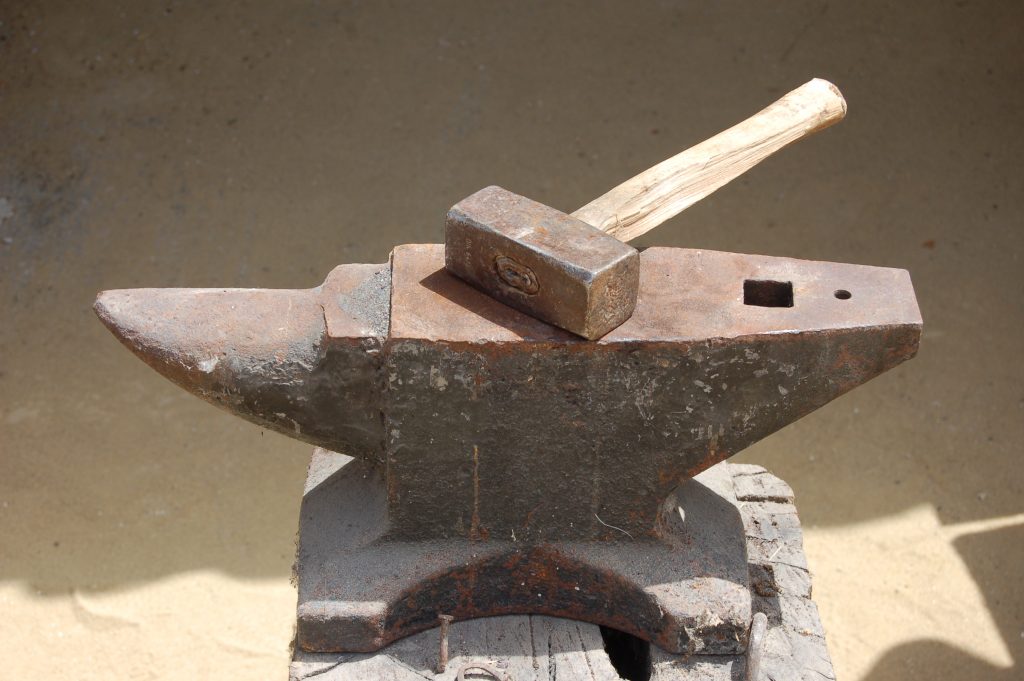 An employee injured during the course of employment is generally entitled to workers’ compensation benefits. But can the actions of the employee in their free time affect the continuation of benefits? That was the case for a Parish of Lafayette employee who decided to perform side jobs involving heavy manual labor while collecting workers’ compensation benefits.
An employee injured during the course of employment is generally entitled to workers’ compensation benefits. But can the actions of the employee in their free time affect the continuation of benefits? That was the case for a Parish of Lafayette employee who decided to perform side jobs involving heavy manual labor while collecting workers’ compensation benefits.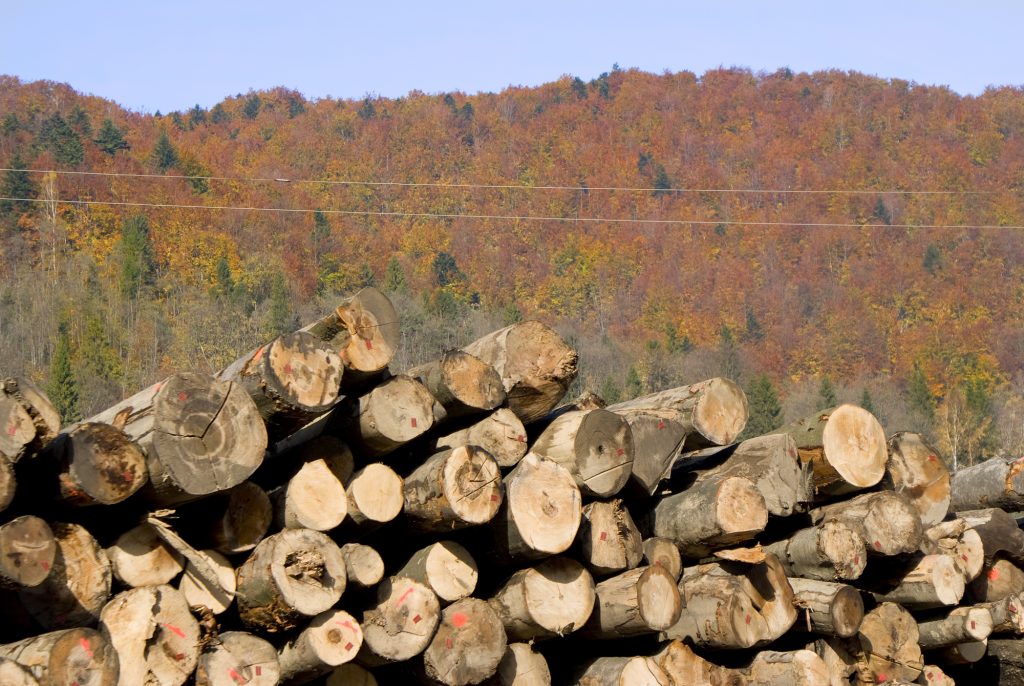
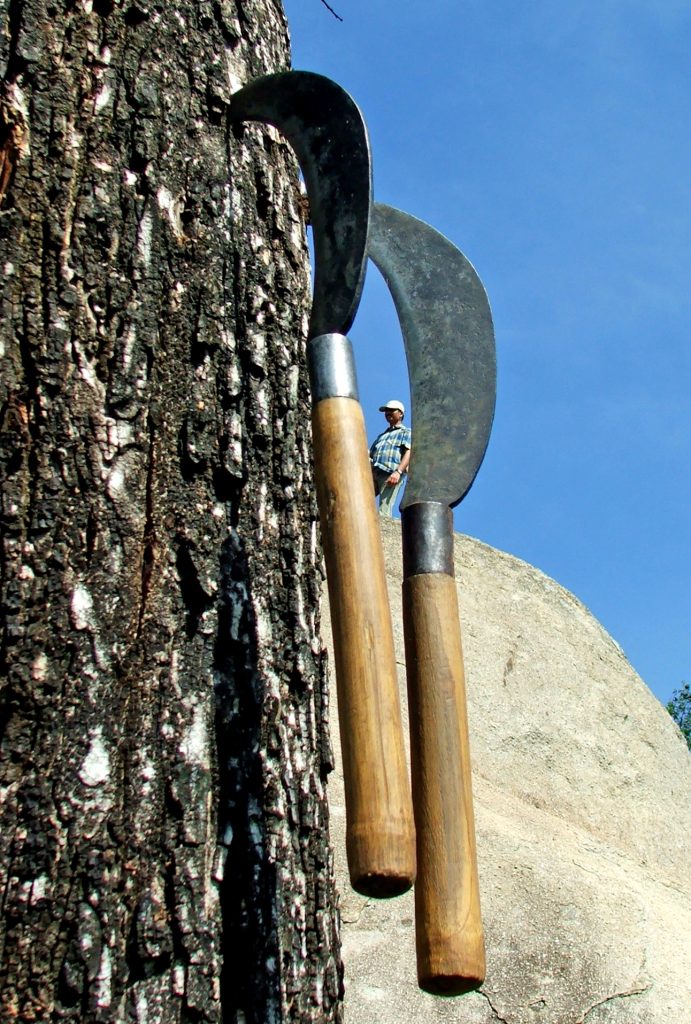 The workers’ compensation system exists to compensate employees when a work-related accident occurs. Frequently, however, employers will attempt to deny or at least curtail benefits. One common tactic is to blame an employee’s injuries on a pre existing medical condition rather than the work accident. But does this excuse really work when a tree falls on an employee’s head? As far fetched as it sounds, this was the scenario when an Ouachita Parish employer attempted to stop paying benefits after a tree accident.
The workers’ compensation system exists to compensate employees when a work-related accident occurs. Frequently, however, employers will attempt to deny or at least curtail benefits. One common tactic is to blame an employee’s injuries on a pre existing medical condition rather than the work accident. But does this excuse really work when a tree falls on an employee’s head? As far fetched as it sounds, this was the scenario when an Ouachita Parish employer attempted to stop paying benefits after a tree accident. 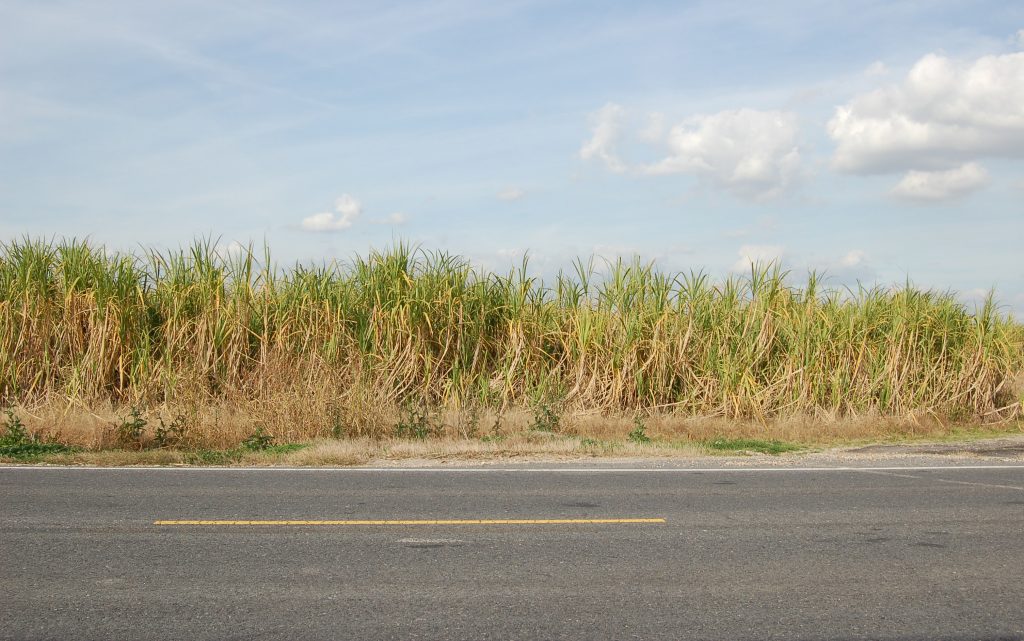 Imagine you are in a car accident, one that is so severe it results in you being airlifted to a hospital. Recovery time is extensive and your mental capacities are foggy at a minimum. While hospital bound, someone other than yourself files a claim for your workers’ compensation benefits. Due to the hospital stay, you receive no notice of the claim or court hearings yet a decision is made denying benefits. The real kicker? All this occurs in a state where you do not live. Sound a tad unjust? Yet this recently happened to a Kaplan, Louisiana man.
Imagine you are in a car accident, one that is so severe it results in you being airlifted to a hospital. Recovery time is extensive and your mental capacities are foggy at a minimum. While hospital bound, someone other than yourself files a claim for your workers’ compensation benefits. Due to the hospital stay, you receive no notice of the claim or court hearings yet a decision is made denying benefits. The real kicker? All this occurs in a state where you do not live. Sound a tad unjust? Yet this recently happened to a Kaplan, Louisiana man. 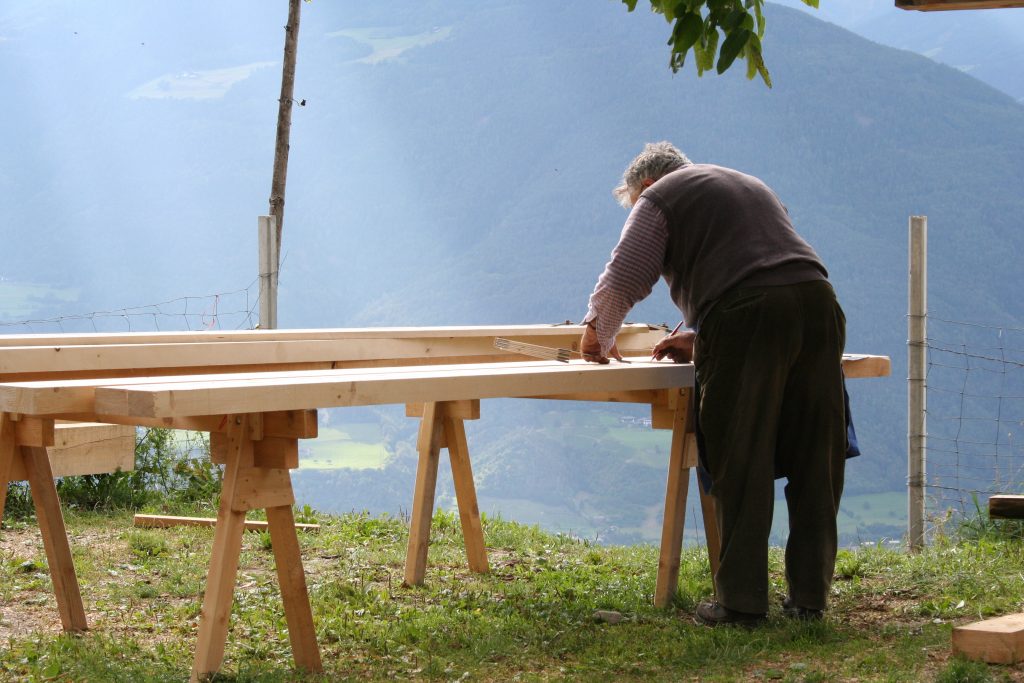 A lawsuit out of Lafayette Parish demonstrates how Louisiana law allocates workers’ compensation benefits. To qualify for benefits, an employee must be injured during the course of employment. Temporary Total Disability (TTD) Benefits are paid while the employee is unable to work due to an injury. Supplemental Earnings Benefits (“SEB”) are a bit more technical. SEBs are paid when the injured worker has reached “maximum medical improvement” and is no longer eligible for TTD, but is incapable of earning 90% of pre-accident wages.
A lawsuit out of Lafayette Parish demonstrates how Louisiana law allocates workers’ compensation benefits. To qualify for benefits, an employee must be injured during the course of employment. Temporary Total Disability (TTD) Benefits are paid while the employee is unable to work due to an injury. Supplemental Earnings Benefits (“SEB”) are a bit more technical. SEBs are paid when the injured worker has reached “maximum medical improvement” and is no longer eligible for TTD, but is incapable of earning 90% of pre-accident wages.